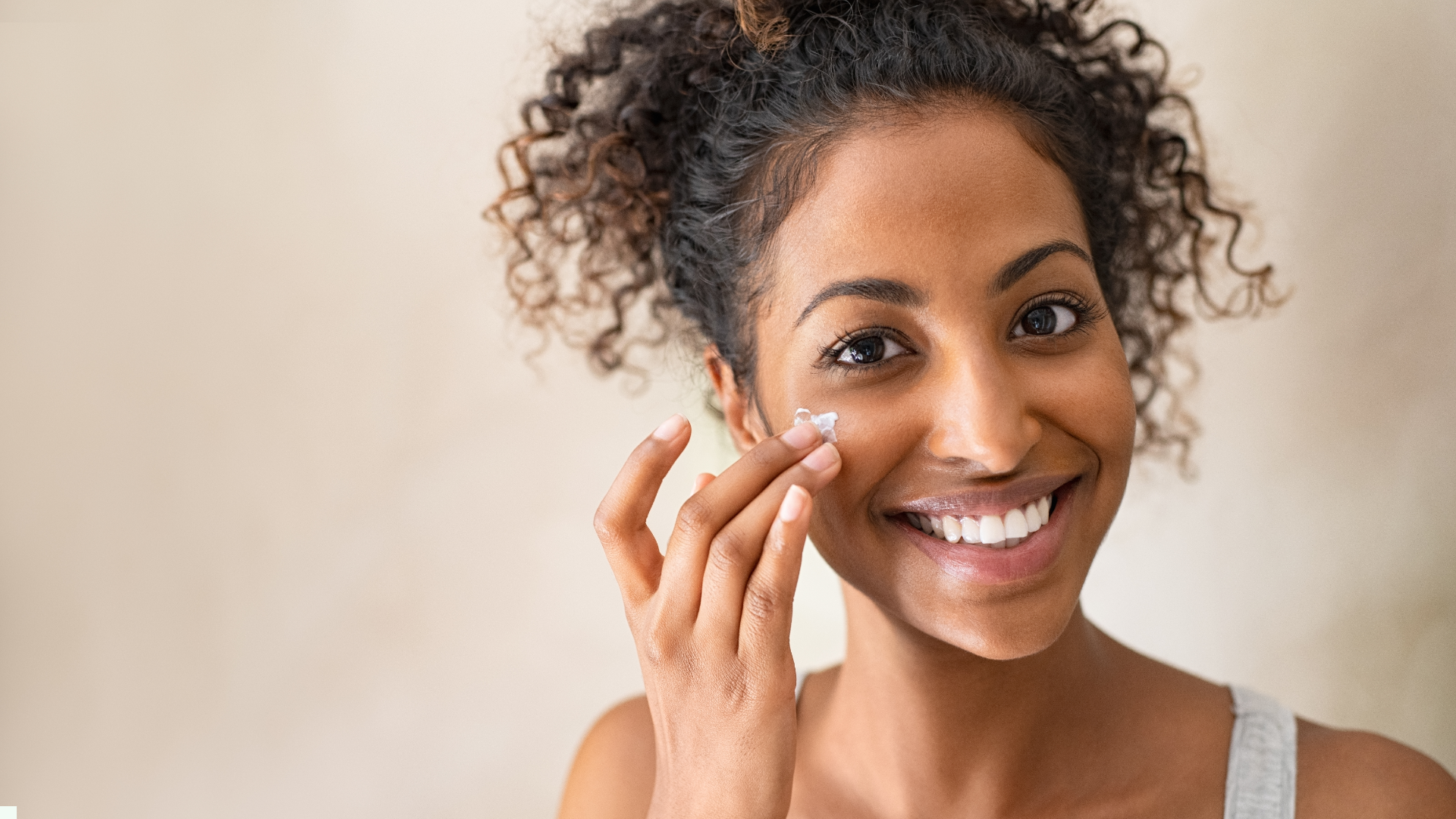In the ever-evolving world of skincare, few ingredients have garnered as much attention and acclaim as retinol. Touted by dermatologists and beauty enthusiasts alike, retinol is often hailed as the gold standard in skincare. But what exactly is retinol, and why should you consider adding it to your skincare routine? In this blog post, we'll dive into the science behind retinol, its benefits, and tips on how to incorporate it effectively into your regimen.
What is Retinol?
Retinol is a derivative of vitamin A, a fat-soluble vitamin essential for various bodily functions, including vision, immune function, and cellular communication. In skincare, retinol belongs to a broader category of compounds known as retinoids, which also include retinoic acid, retinaldehyde, and retinyl esters. Among these, retinol is the most commonly used in over-the-counter skincare products due to its effectiveness and relatively lower potential for irritation compared to prescription-strength retinoids.
How Does Retinol Work?
Retinol works by penetrating the skin and accelerating cell turnover, the process by which old, dead skin cells are shed and replaced with new ones. This increased cell turnover helps to unclog pores, reduce the appearance of fine lines and wrinkles, even out skin tone, and improve overall skin texture. Additionally, retinol stimulates collagen production, a protein that provides structural support to the skin, making it firmer and more elastic.
Benefits of Retinol
1. Anti-Aging Powerhouse
One of the most celebrated benefits of retinol is its ability to combat signs of aging. By promoting cell turnover and boosting collagen production, retinol can help reduce the appearance of fine lines, wrinkles, and age spots. Over time, consistent use of retinol can result in smoother, more youthful-looking skin.
2. Improves Skin Texture and Tone
Retinol is highly effective in improving skin texture and tone. It helps fade hyperpigmentation, sunspots, and acne scars, leading to a more even complexion. Its exfoliating properties also help smooth rough patches and give the skin a radiant glow.
3. Fights Acne
Retinol is a powerful ally in the fight against acne. By preventing the clogging of pores and reducing inflammation, it can help reduce breakouts and prevent new ones from forming. Its ability to regulate oil production also makes it beneficial for those with oily and acne-prone skin.
4. Boosts Collagen Production
As we age, collagen production naturally decreases, leading to sagging skin and the formation of wrinkles. Retinol helps stimulate collagen synthesis, which not only firms the skin but also enhances its overall resilience and elasticity.
How to Incorporate Retinol into Your Skincare Routine
While the benefits of retinol are undeniable, it's important to introduce it into your skincare routine with care to minimize potential irritation. Here are some tips for incorporating retinol effectively:
1. Start Slow
If you're new to retinol, start with a lower concentration (0.25% to 0.5%) and gradually increase the strength as your skin builds tolerance. Begin by applying it once or twice a week, and slowly work up to nightly use.
2. Use at Night
Retinol can make your skin more sensitive to sunlight, so it's best to apply it at night. Always follow up with a broad-spectrum sunscreen during the day to protect your skin from UV damage.
3. Moisturize
Retinol can be drying, especially in the initial stages of use. Pair it with a good moisturizer to keep your skin hydrated and to mitigate any potential dryness or flaking.
4. Avoid Mixing with Certain Products
Avoid using retinol simultaneously with other potent active ingredients such as AHAs, BHAs, and vitamin C, as this can increase the risk of irritation. Instead, use these ingredients on alternate nights or at different times of the day.
5. Be Patient
Retinol takes time to show results. It can take several weeks to a few months to see noticeable improvements, so be patient and consistent with your application.
Conclusion
Retinol is a versatile and powerful ingredient that can significantly enhance your skincare routine. Whether you're looking to address signs of aging, improve skin texture, or combat acne, retinol offers a myriad of benefits that can help you achieve your skin goals. By understanding how to use it correctly and incorporating it thoughtfully into your regimen, you can unlock the transformative potential of retinol and enjoy healthier, more radiant skin.





